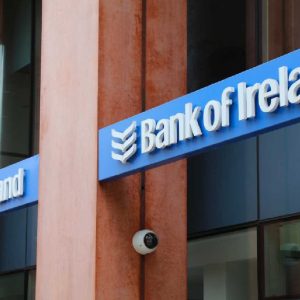Credit card cheques are basically cash advances in the form of a personal cheque, which can be used to pay individuals or companies who do not accept credit cards. However, the cheques are subject to a handling fee and higher rates of interest than credit card transactions and start incurring interest as soon as they are cashed.
The cheques, which are often sent out unsolicited, are frequently criticized as these charges are sometimes unclear. The move from RBS and group bank Natwest brings the number of card providers issuing cheques down from 11 to ten.
Nick White, head of personal finance at price comparison and switching website uSwitch.com, said: It’s good news to see that one of the largest credit card providers in the country is leading the way by ending this practice for both new and existing customers – this follows a temporary suspension earlier this year. Prior to January, Natwest customers had to proactively request cheques as the bank had stopped sending them automatically.
This move seems to indicate that if banks only send credit card cheques to customers that request them, the demand will be so negligible and it is no longer a service worth offering, which explodes the myth that these ‘convenience’ cheques are sent unsolicited for the customer’s benefit.
uSwitch is now calling for the other ten banks to follow suit, citing consumer ignorance over the high cost of the cheques. In recent research, uSwitch reported that one in three users of the cheques were unaware that there was a charge involved.






